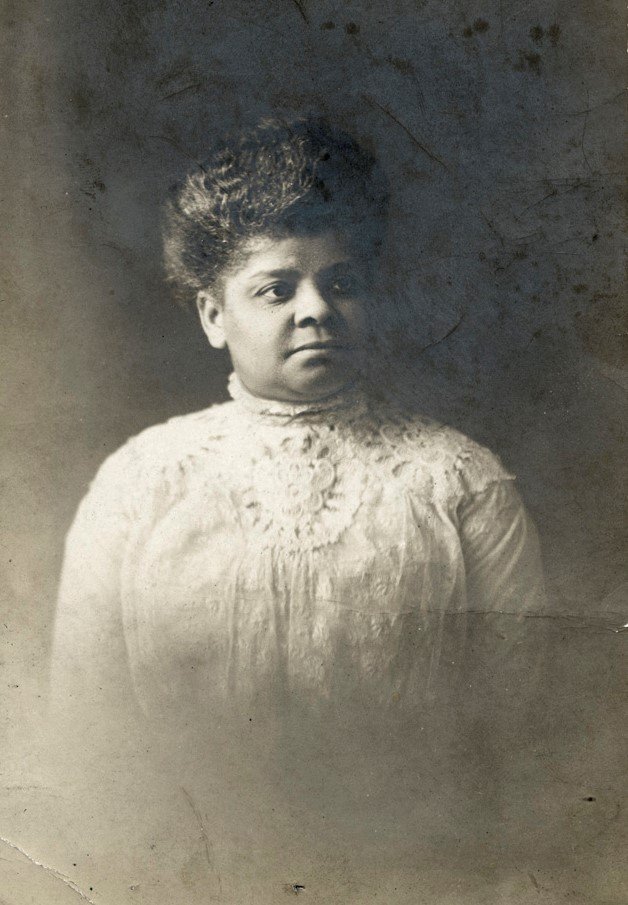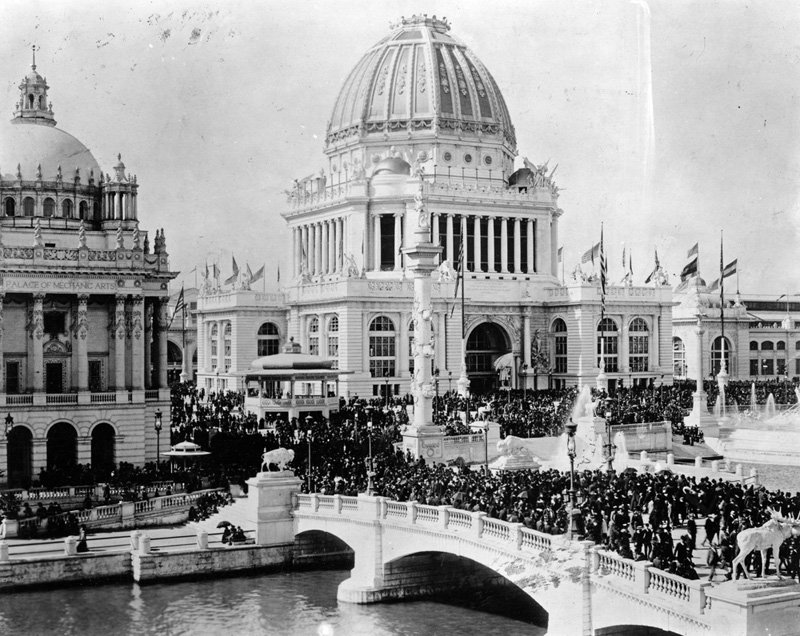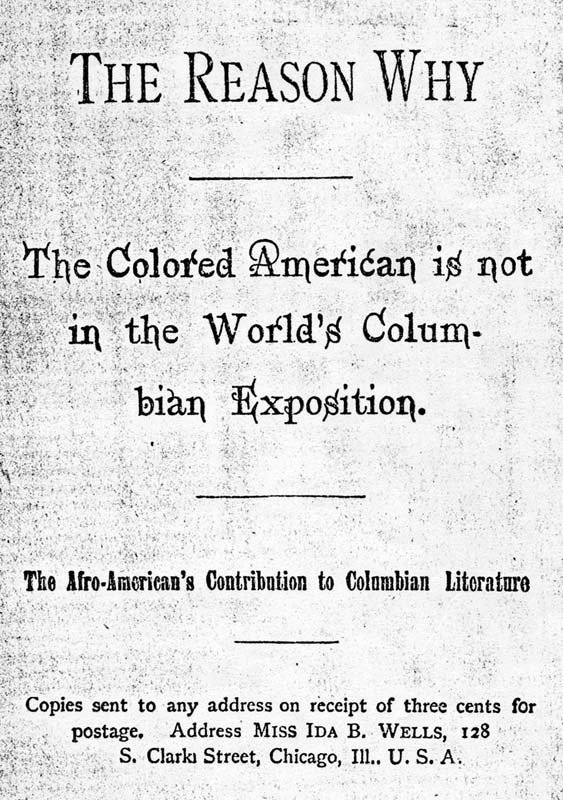World's Columbian Exposition
Soon after her arrival in Chicago, Wells continued on her campaign for justice when she joined fellow African American activists in a boycott of the World’s Columbian Exposition, the internationally-famous world's fair held in Chicago to commemorate the 400th anniversary of Christopher Columbus' arrival in the New World in 1492. Wells and her allies accused the exposition committee of purposefully excluding African Americans and portraying the African American community in a negative light. Frederick Douglass, noted abolitionist and civil rights activist, represented the Haitian government—the stand-in as the center for the black community—at the fair. Wells, Douglass, I. Garland Penn, and Wells' future husband Ferdinand L. Barnett produced the pamphlet The Reason Why the Colored American Is Not in the World’s Columbian Exposition.
As described by Wells, the 1893 pamphlet "was a clear, plain statement of facts concerning the oppression put upon the colored people in this land of the free and home of the brave. We circulated ten thousand copies of this little book during the remaining three months of the fair. Every day I was on duty at the Haitian building, where Mr. Douglass gave me a desk and spent the days putting this pamphlet in the hands of foreigners."
After extensive protests and negotiations, fair officials offered a special day for African American visitors. Many people, including Wells, considered “Negro Day” to be a superficial gesture and were reluctant to participate, but Douglass took this opportunity to address the problems facing black Americans in the United States.



